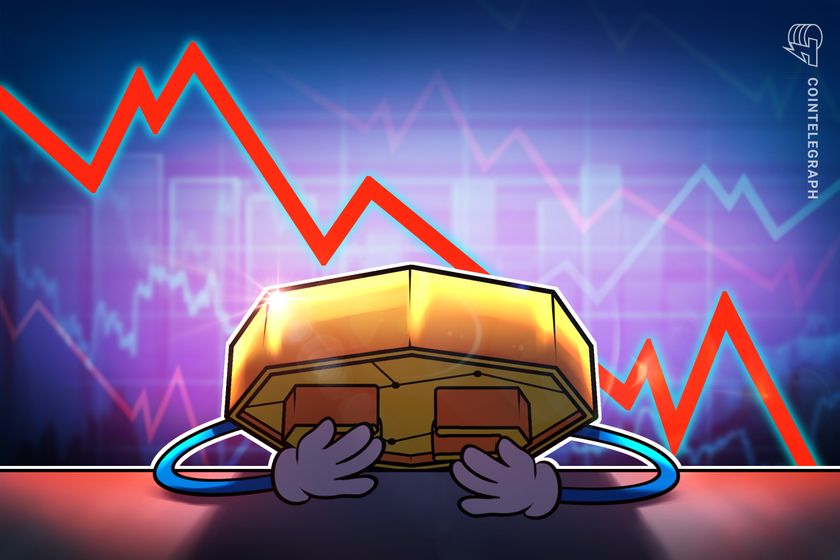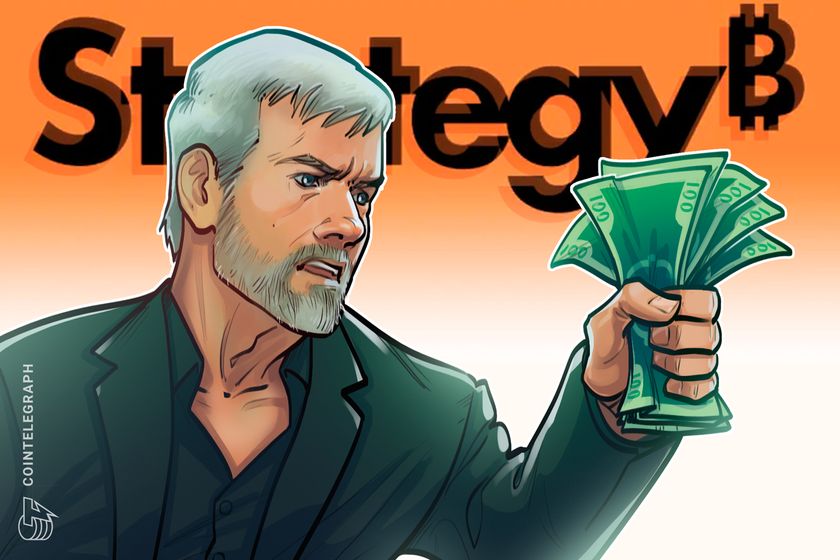SEC dismisses Helium case as Trump-era crypto rules take shape
New SEC chair Paul Atkins confirmed on 10 April. Enforcement pivot includes Coinbase and Kraken case drops. Legal clarity boosts DePIN sector, but risks remain. In a major development for the decentralised wireless network sector, the US Securities and Exchange Commission (SEC) has dismissed its case against Helium with prejudice, marking a rare reversal in […] The post SEC dismisses Helium case as Trump-era crypto rules take shape appeared first on CoinJournal.

- New SEC chair Paul Atkins confirmed on 10 April.
- Enforcement pivot includes Coinbase and Kraken case drops.
- Legal clarity boosts DePIN sector, but risks remain.
In a major development for the decentralised wireless network sector, the US Securities and Exchange Commission (SEC) has dismissed its case against Helium with prejudice, marking a rare reversal in crypto enforcement policy.
The decision ends a long-standing legal cloud over the regulatory status of Helium’s three key tokens—HNT, IOT, and MOBILE.
It also signals a broader shift under the Trump administration’s SEC chair Paul Atkins, confirmed on 10 April, who is known for his pro-crypto stance.
While Helium celebrated the dismissal as a “major win” in its 11 April blog post, court records reveal that its parent company, Nova Labs, quietly agreed to pay a $200,000 penalty to settle separate securities fraud allegations.
Tokens no longer under scrutiny
The SEC formally dropped charges alleging that Helium’s core tokens were unregistered securities, stating that the case would be dismissed with prejudice—effectively barring any future prosecution on similar grounds.
This decision closes a chapter of uncertainty that had cast a shadow over the Decentralised Physical Infrastructure Network (DePIN) space.
Helium’s post attributed the outcome to the SEC’s updated approach to Web3 projects, especially those involving hardware and community-driven incentives.
It said the ruling “brings clarity” to a sector often caught in a legal grey zone, where distributing tokens for user engagement was frequently seen as a securities issue.
While this dismissal may serve as a precedent for similar decentralised infrastructure ventures, it does not offer immunity from other compliance risks.
Nova Labs pays $200,000 penalty
Although the SEC case regarding token classification is closed, Nova Labs remains tied to a $200,000 civil penalty issued over alleged fundraising misconduct.
The penalty resolves accusations that Nova Labs misrepresented partnerships with major firms including Nestle, Salesforce, and Lime during a 2021–2022 capital raise.
The SEC alleged that Nova Labs used those inflated claims to boost its valuation to $1 billion, luring in investors under false pretences.
The settlement, finalised without an admission or denial of guilt, ensures the company will not face further regulatory action on those claims, but it remains a cautionary tale for other crypto startups seeking funding.
SEC shifts under Trump appointee
The case dismissal is part of a wider change in tone at the SEC under Paul Atkins, a known supporter of digital asset innovation.
His confirmation on 10 April follows several agency reversals, including the dropping of lawsuits against Coinbase, Kraken, and Consensys.
This emerging trend points to a deliberate pivot in the SEC’s enforcement strategy—one focused more on regulatory clarity and less on litigation.
Industry analysts suggest this could embolden more crypto infrastructure firms to scale without fear of blanket regulatory action, provided they maintain transparency in investor communications.
The timing of the Helium case dismissal—just one day after Atkins’ appointment—reinforces the view that the Trump administration is prioritising blockchain innovation over punitive measures.
While this could revive confidence in DePIN and similar sectors, critics argue that enforcement gaps may still persist without new legislative frameworks.
DePIN still faces legal gaps
Despite the positive outcome for Helium, the broader DePIN landscape remains a work in progress when it comes to compliance.
Many projects operate at the intersection of telecommunications, finance, and decentralised governance—areas where existing US rules remain ill-suited.
The SEC’s clarification in the Helium case—that selling hardware and distributing tokens for network growth does not automatically make those tokens securities—could offer temporary relief.
However, lawyers warn that this does not remove the need for careful disclosures, especially during token sales or equity fundraising rounds.
As tokenisation and decentralised infrastructure continue to merge with traditional industries, the Helium ruling provides a key legal benchmark—but not a complete solution.
Stakeholders across crypto, telecoms, and regulation will now look to see whether this softer stance will translate into durable legal clarity or further policy reversals in the months ahead.
The post SEC dismisses Helium case as Trump-era crypto rules take shape appeared first on CoinJournal.















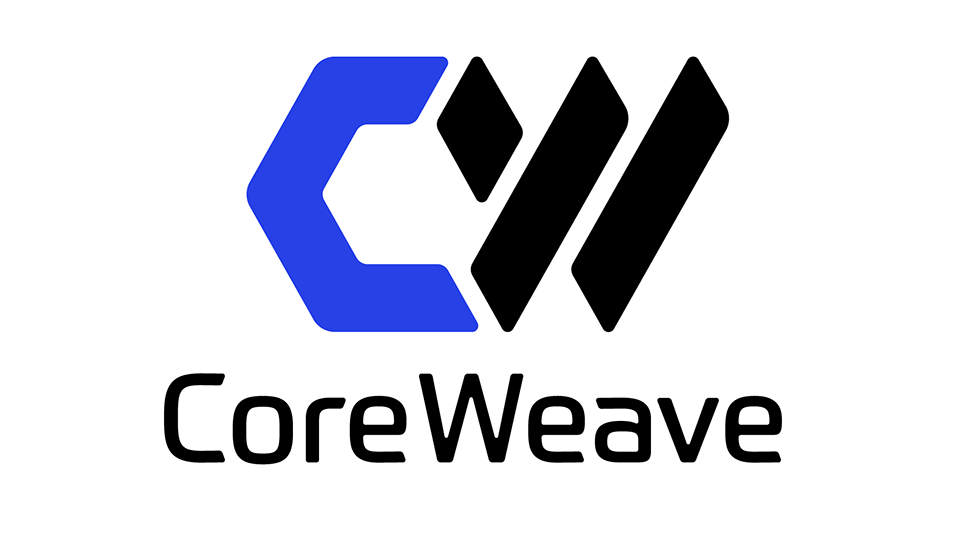




























































































































































![[The AI Show Episode 143]: ChatGPT Revenue Surge, New AGI Timelines, Amazon’s AI Agent, Claude for Education, Model Context Protocol & LLMs Pass the Turing Test](https://www.marketingaiinstitute.com/hubfs/ep%20143%20cover.png)















































































































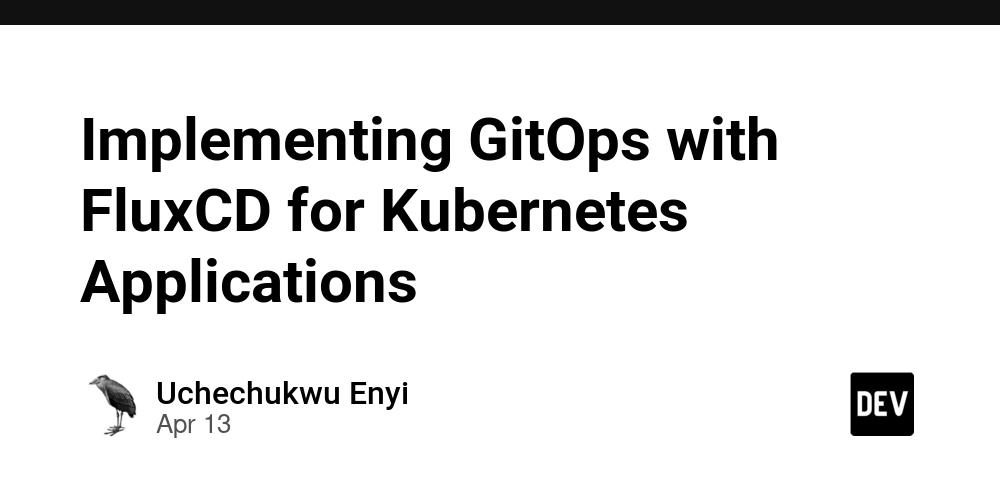










![[DEALS] Microsoft Visual Studio Professional 2022 + The Premium Learn to Code Certification Bundle (97% off) & Other Deals Up To 98% Off](https://www.javacodegeeks.com/wp-content/uploads/2012/12/jcg-logo.jpg)



![From Accountant to Data Engineer with Alyson La [Podcast #168]](https://cdn.hashnode.com/res/hashnode/image/upload/v1744420903260/fae4b593-d653-41eb-b70b-031591aa2f35.png?#)







































































































.png?#)
























































































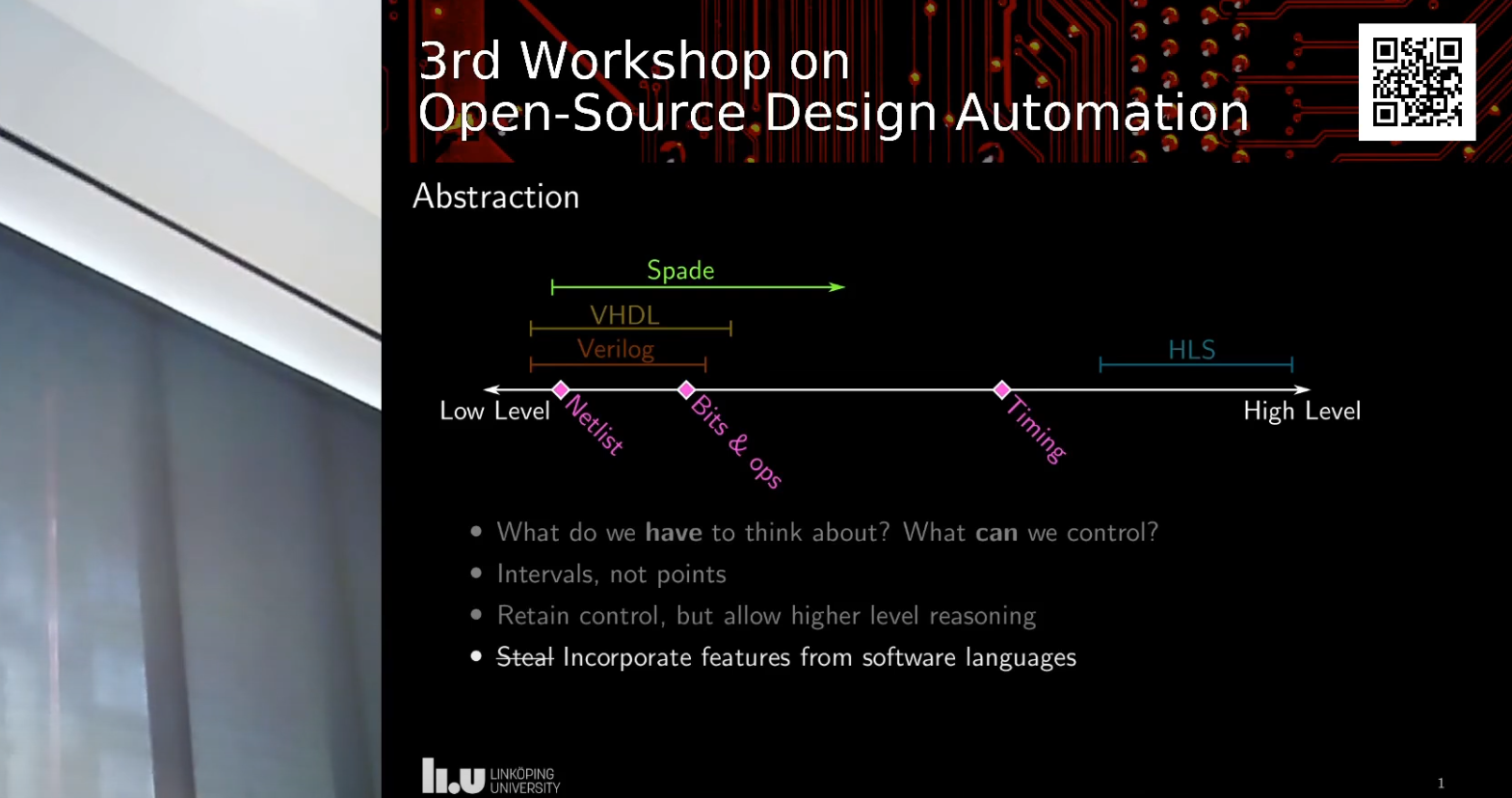
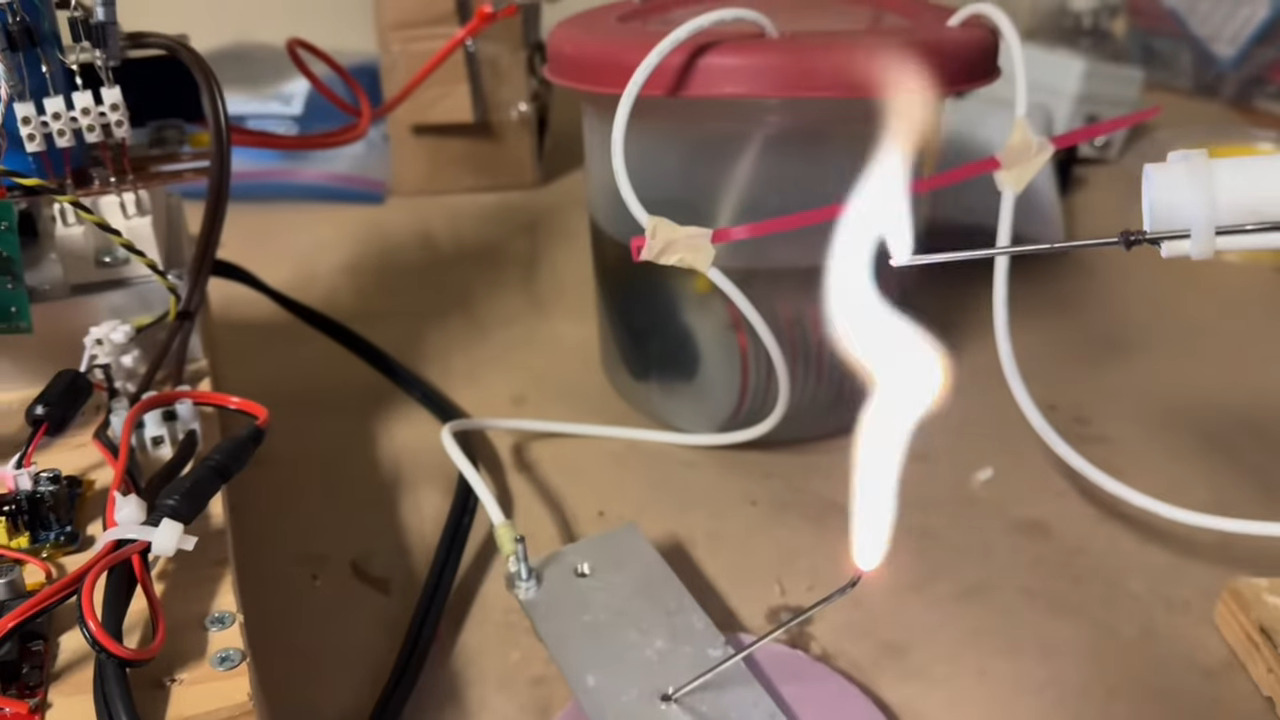
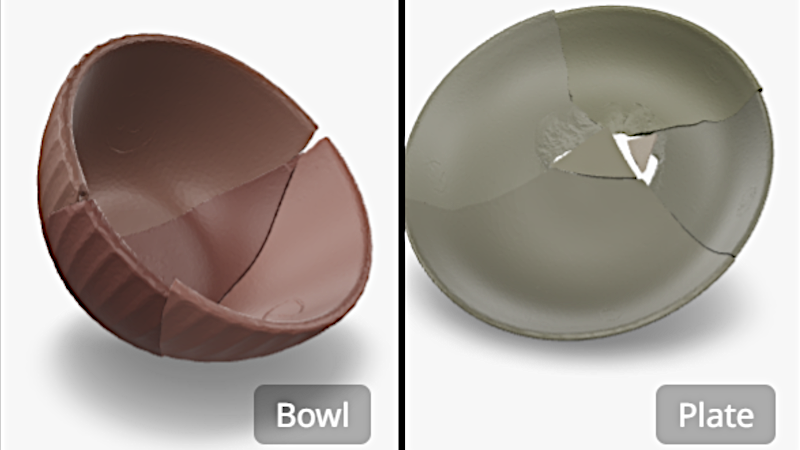






































![What Google Messages features are rolling out [April 2025]](https://i0.wp.com/9to5google.com/wp-content/uploads/sites/4/2023/12/google-messages-name-cover.png?resize=1200%2C628&quality=82&strip=all&ssl=1)











![iPadOS 19 Will Be More Like macOS [Gurman]](https://www.iclarified.com/images/news/97001/97001/97001-640.jpg)
![Apple TV+ Summer Preview 2025 [Video]](https://www.iclarified.com/images/news/96999/96999/96999-640.jpg)
![Apple Watch SE 2 On Sale for Just $169.97 [Deal]](https://www.iclarified.com/images/news/96996/96996/96996-640.jpg)




































































































